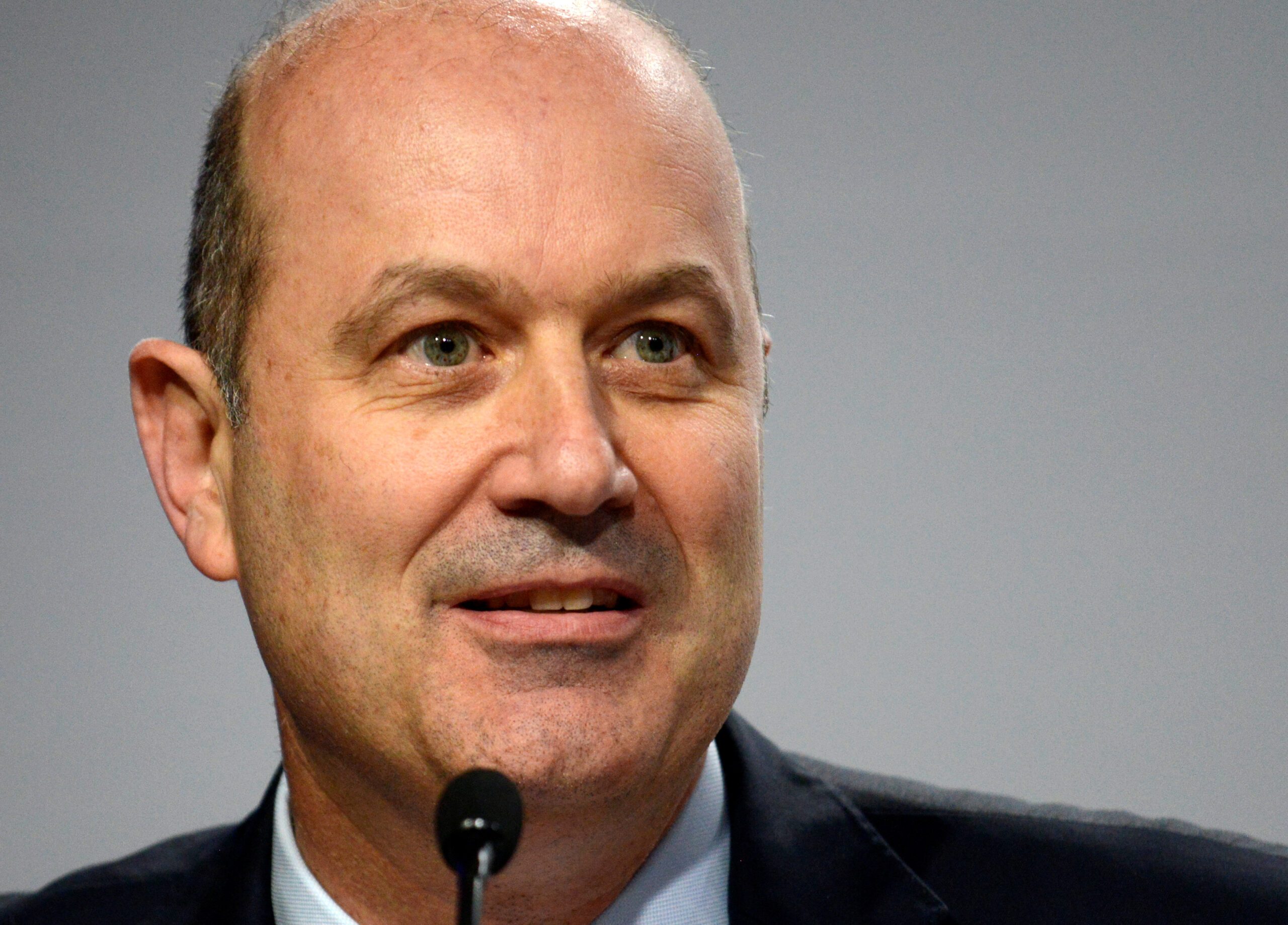Argentina’s Deregulation Minister Federico Sturzenegger plans to kickstart his agenda with changes to airline legislation, educational reform, and a so-called “dead leaves” law to repeal obsolete legislation.
The Bases Law, which was finally approved in late June, contained “only 20%” of what the government planned to do, he said. The “dead leaves” law would likewise be a broad bill, this time designed to simplify doing business and avoid vexatious claims based on outdated statutes, he said during an interview with Radio Mitre.
Top of his list is a commercial air travel reform, to be presented within two days, he said. “Before, you couldn’t give a route to an airline, a low-cost or whatever, if Aerolíneas [Argentinas, the national airline] didn’t serve that route,” he said, adding that medium-sized cities including Olavarría, Tandil, Venado Tuerto, Junín, and Las Lomitas would gain access to passenger air travel under his proposals.
Milei’s presidential mega-decree included reforms to Argentina’s aviation sector, removing a requirement for at least half of national flights to be operated by Aerolíneas Argentinas. The so-called “open skies” policy is designed to increase competition. Sturzenegger says that decrees will be issued on Wednesday regulating the mega-decree. The president’s original decree was struck down by the senate, but will remain in effect unless the Lower House also votes it down.
He also mentioned that the entry of Elon Musk’s satellite internet company Starlink to Argentina will soon improve cellphone service on the roads and in remote areas. “How much did that cost the state? Zero,” he said. The eighth largest country in the world, Argentina is also very sparsely populated, meaning drivers can spend hours on the road with no phone signal. In February, the National Communications Entity (Enacom) authorized satellite internet providers Starlink, OneWEB, and Amazon’s Kuiper to operate in the country.
Sturzenegger promised education reforms including a final exam at the end of secondary school, which he claimed would motivate students to study harder, and charging nonresident foreigners to study at Argentina’s public universities. He did not offer details on how the charges would work. Foreign students on undergraduate and postgraduate courses are entitled to apply for residence and must secure residence during their studies in order to graduate.
He also called for an overhaul of the exam system used to select public officials. “There is a so-called competition at the moment, but the results are plain to see,” he said. “What I want is for there to be an objective instance, for it to be anonymous, for there to be no kind of relationship with politics… Anonymous and objective are the words.”
In a proposed judicial reform, he said he would make it easier for Argentines to get divorced and simplify some inheritance procedures.
Asked about his relationship with Economy Minister Luis Caputo, with whom he has had a notoriously difficult relationship since the pair served together during Mauricio Macri’s presidency, he said: “There’s no friction between us. We have an excellent relationship.”

